Discover Your Potential
Download the article (pdf) Table of Contents Hispanic, overweight,lonely, and insecurefrom eight to sixteen,I’m not sure? The doctor said no morerice or tortillas …WHAT — are you serious?We have to get your waist down. Trying to fit in,to find the right crewgrowing up, juggling life.No drugs, no alcohol,just want to be accepted,just want to be […]
Poem Against Any More than a Glimpse of the Battered Athlete, or Time for Dr. Pepper, Duracell, Anthem Blue Cross Blue Shield, and the New Chevy Malibu

Download the article (pdf) Table of Contents Coach scowls, calculates. Cue the substitute. Cut straight to commercial break. About the Author(s) Woods Nash, MPH, PhD Woods Nash, PhD, MPH is Assistant Professor of Bioethics and Medical Humanities at the University of Houston Tilman J. Fertitta Family College of Medicine. He works at the intersection of […]
A Seat at the Table: A Reflection on Engaging Disabled People and Their Families in Research and Service Design
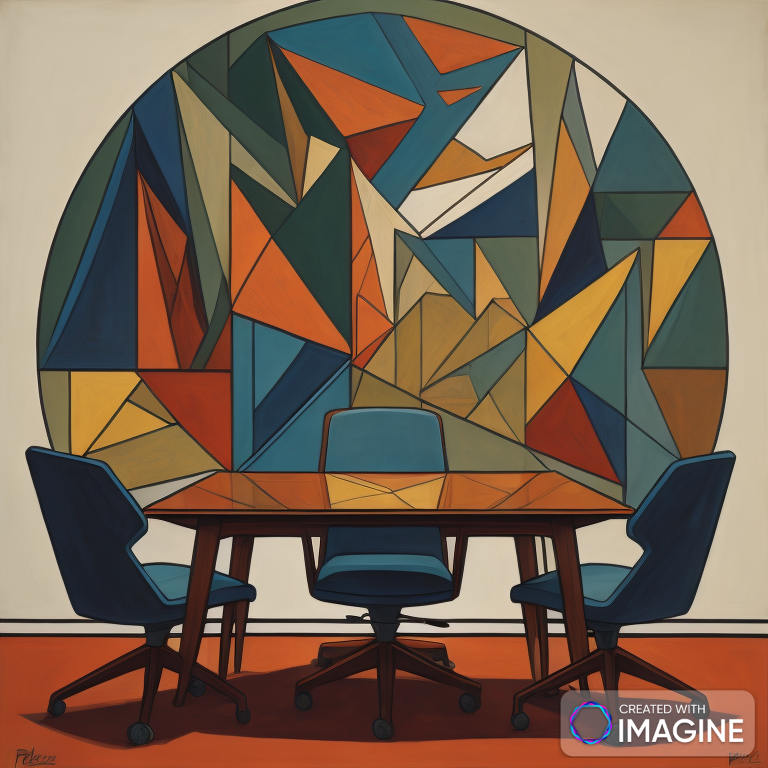
Dr. Phoenix and authors explore the metaphor “a seat at the table” in the context of including Disabled People and their families in system-level service design and research. They challenge us to consider inclusivity by interrogating this vision of “the table” in terms of ownership, participation, and consequences after a discussion ends.
Outside the Frame: Thinking Beyond the Visible in Medical Education
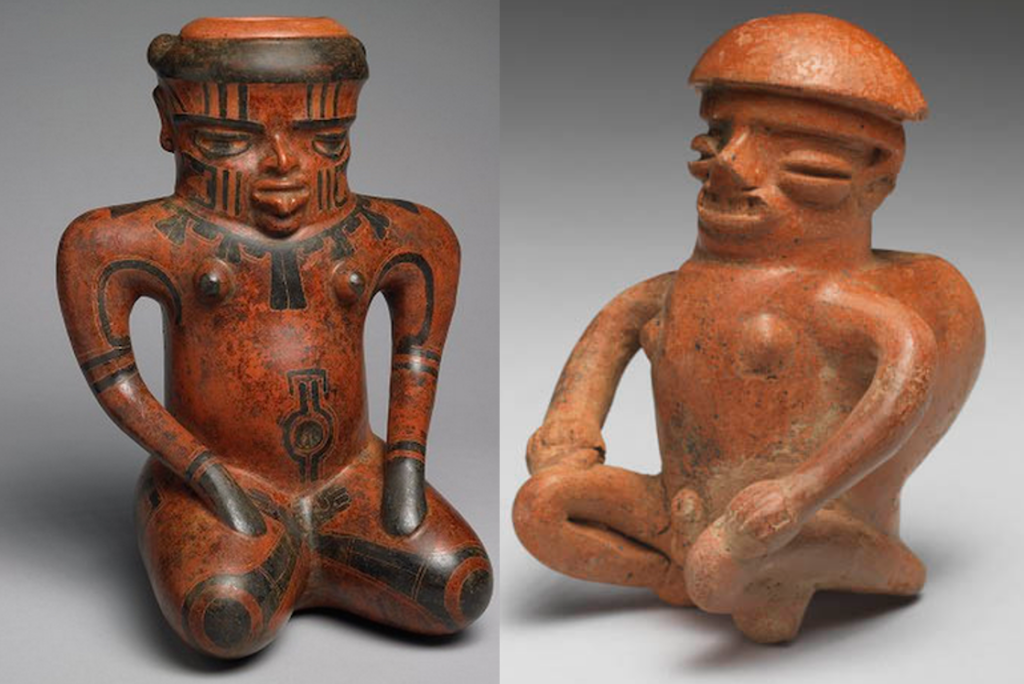
Download the article (pdf) Table of Contents Medical school can install students in locales both familiar and unfamiliar: the darkened hush of a lecture hall, the sheeted tables of an anatomy lab, the beeping monitors crowding an ICU. But students may now also find themselves before a Pollock or a Kahlo, contemplating art in the […]
The Case for Disability Justice in Physical Therapy Education and Practice
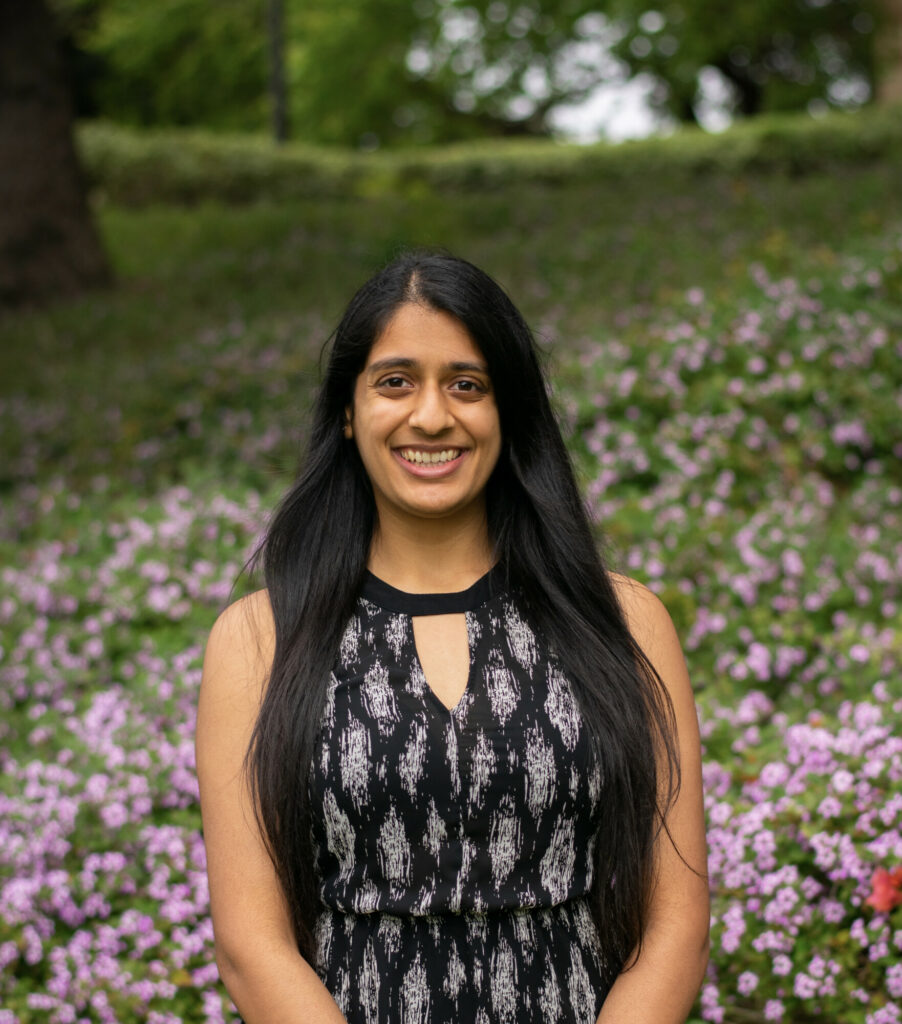
Download the article (pdf) Table of Contents Congratulations to Doctor of Physical Therapy Students Vanessa Lista, SPT (Neumann University) and Priyanka Bhakta, SPT (Emory University), finalists of the annual Student Essay Contest, co-sponsored by the ACAPT Consortium for the Humanities, Ethics and Professionalism (CHEP) and the Journal of Humanities in Rehabilitation (JHR). The sixth in […]
Steps Toward Inclusion for Those Without Words
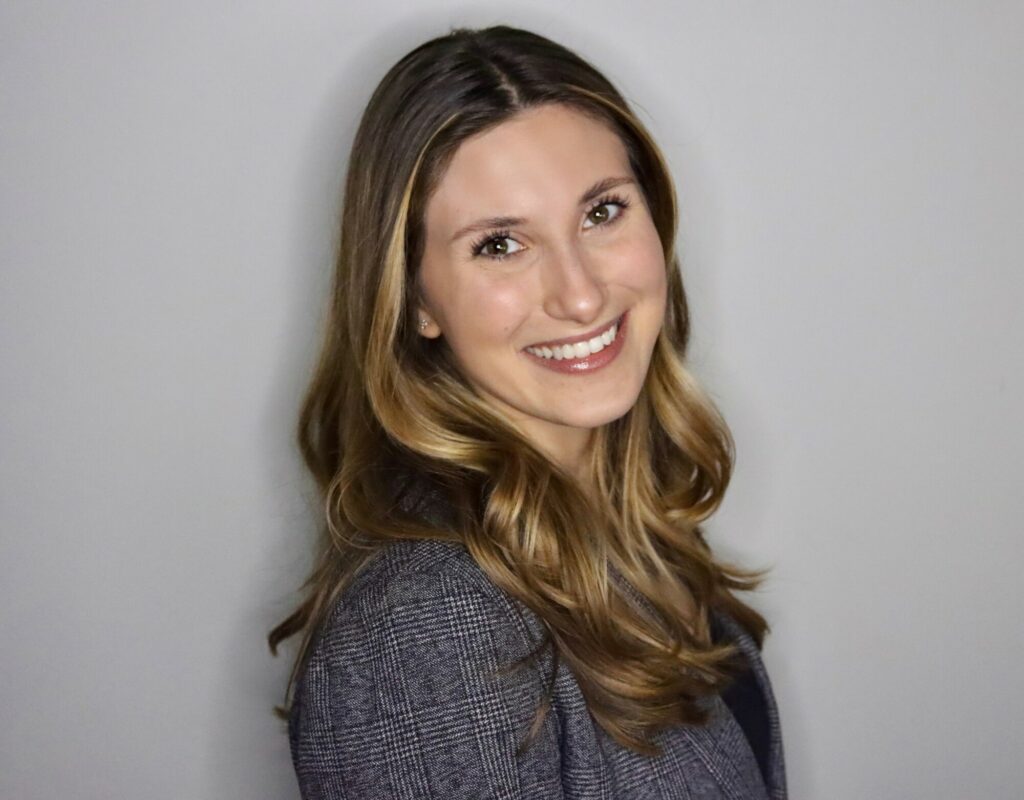
Download the article (pdf) Table of Contents Congratulations to Doctor of Physical Therapy Students Vanessa Lista, SPT (Neumann University) and Priyanka Bhakta, SPT (Emory University), finalists of the annual Student Essay Contest, co-sponsored by the ACAPT Consortium for the Humanities, Ethics and Professionalism (CHEP) and the Journal of Humanities in Rehabilitation (JHR). The sixth in […]
What is JHR?
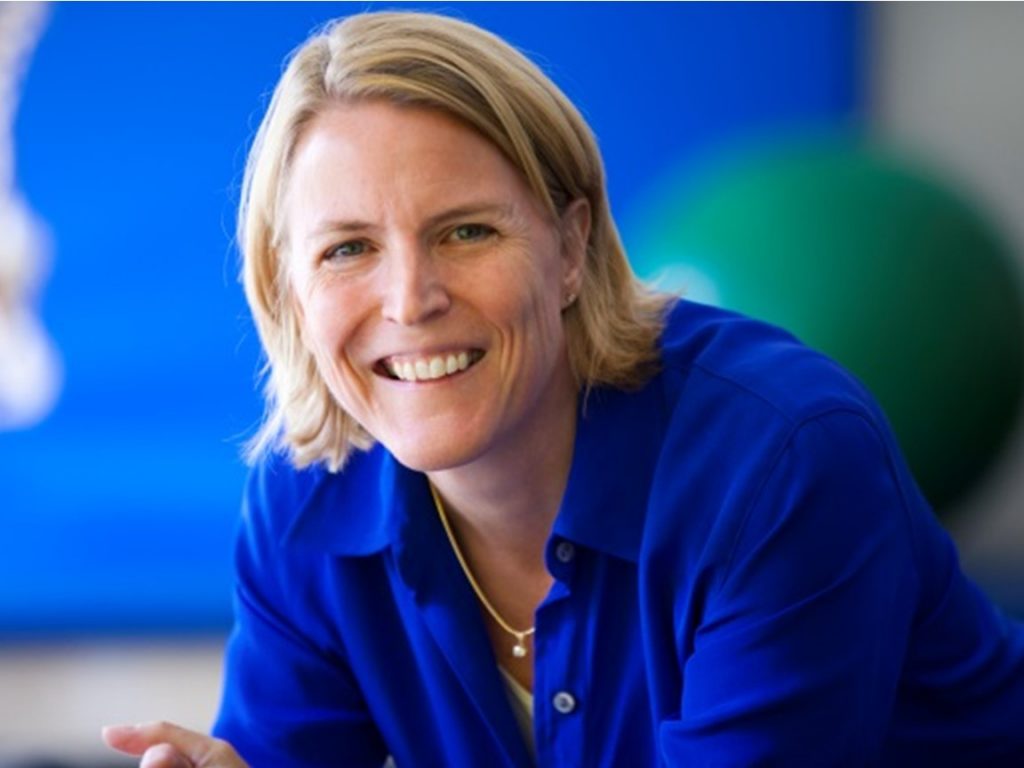
Editor-In-Chief, Dr. Sarah Blanton, reflects on how JHR came to be while detailing the mission and vision of JHR as well as ways to support.
CHEP-JHR Student Essay Contest 2023-2024
Download the article (pdf) Table of Contents The Consortium for Humanities, Ethics and Professionalism (CHEP) of the American Council of Academic Physical Therapy (ACAPT) advocates for the importance of the humanities, ethics, and professionalism in physical therapy education practice because excellent clinical practice requires the ability to make meaningful connections with patients and to make […]
Resonance

Download the article (pdf) Table of Contents The news came via text from a colleague. Adam had died the day before, from a cause not yet known to my associate. This caught me by surprise. There weren’t any obvious indicators that his death was imminent. I reached out to his son, but the call went […]
Old Woman in a Hospital Bed

Download the article (pdf) Table of Contents Quietly I rest, but solitude closes in.No noise is noisier than no noise at all.I’m fading, blanched white by illness, paled by age,The gray of desolation, the darker gray of destitution.I am not pretty anymore. Cruel memories arise of times when I silencedthe children: “I want to […]

